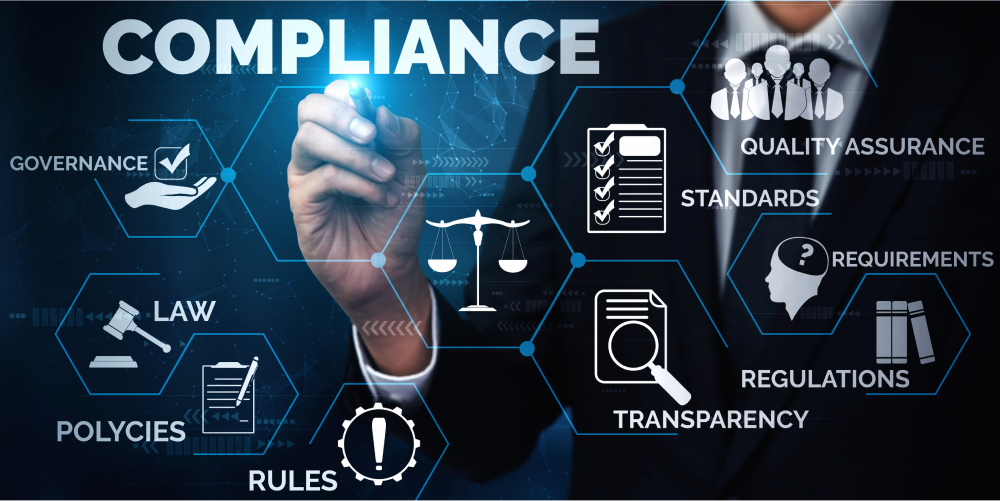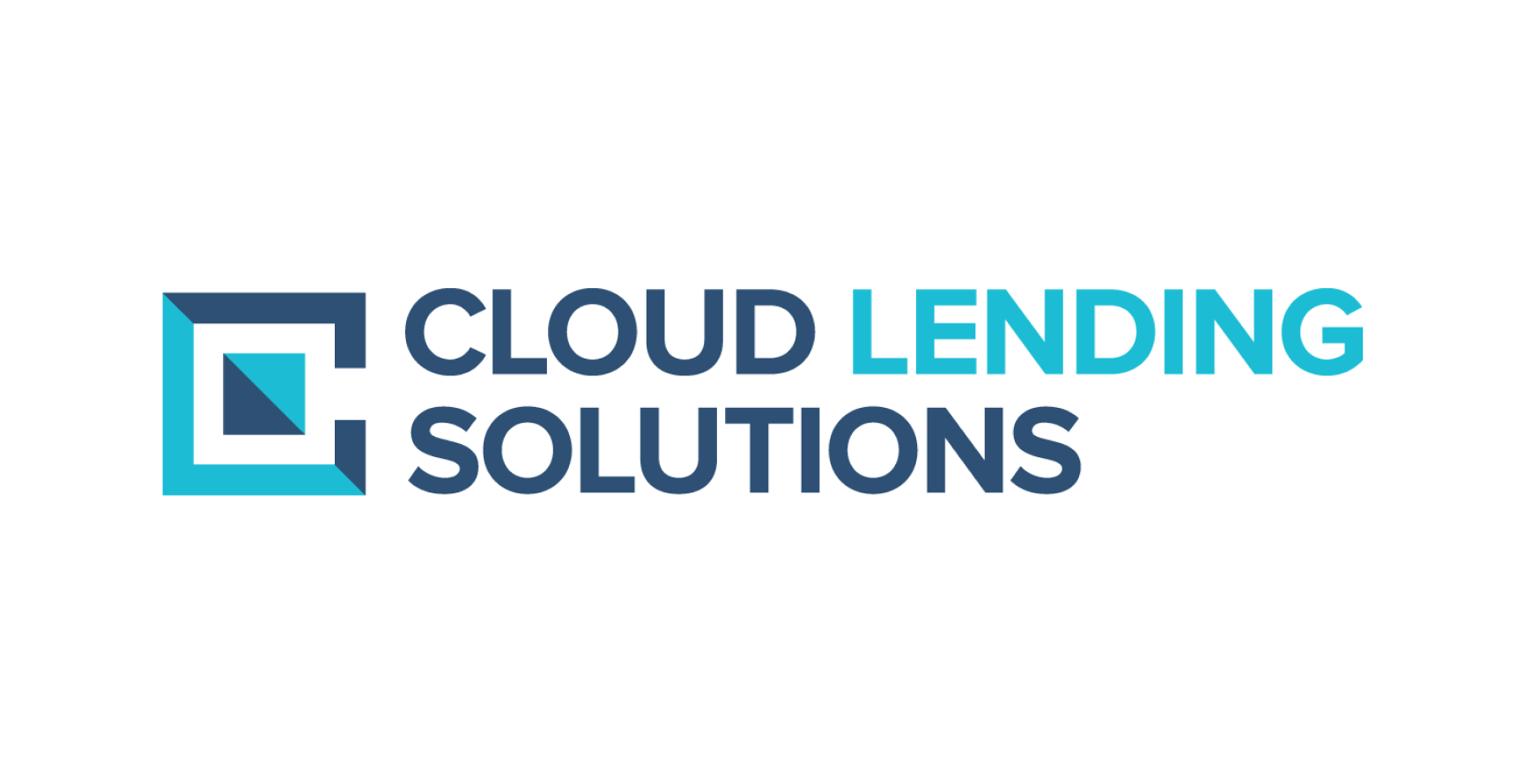Fintech, zBlog
Fintech Development in 2024: Future Outlook
trantorindia | Updated: November 28, 2023

Introduction
The fintech industry has seen explosive growth over the past decade, transforming how financial services are delivered and accessed globally. As of 2023, there are over 30,000 fintech startups worldwide, and fintech investment reached a record $210 billion in 2021 according to CB Insights. The industry is still in its early stages, with ample opportunity for future development and disruption. In this blog, we will explore the top fintech developments shaping the future in areas like payments, lending, investing, insurance, and more.
Payments

Payments have been the most disrupted area of financial services by fintech innovation. According to Juniper Research, mobile wallet payments alone are forecasted to reach $10 trillion in value by 2026. We can expect to see payments become even faster, more embedded, and more automated in the coming years.
- Real-time payments (RTPs) will become the norm, allowing instant transfer of funds between accounts rather than waiting days for checks or bank transfers to clear. Major markets like the UK, EU, India, and China already have widespread RTP infrastructure which will likely expand globally.
- Embedded payments integrated into messaging apps, devices, websites and more will remove friction from the checkout experience. Buy now pay later services like Klarna that let users split payments over installments are exploding in popularity.
- Contactless payments have skyrocketed in the COVID era, expected to reach $6.3 trillion in transactions by 2027 according to Mordor Intelligence. Technologies like NFC, biometrics, and QR codes will drive further contactless adoption.
- Cryptocurrency payments are also on the rise with options like Bitcoin, Ethereum, stablecoins, and Central Bank Digital Currencies (CBDCs) allowing digital transfer of value. Crypto payments offer speed, security, and transparency, and bypass the need for intermediaries.
- Automated payment technology will enable money movement triggered by events, schedules, or conditions without manual intervention. This saves time, ensures accuracy, and opens possibilities for new automated business models.
Lending
Fintechs have revolutionized lending by using data, algorithms, and technology to instantly assess creditworthiness and provide faster, cheaper access to capital. According to Mordor Intelligence, global fintech lending is expected to reach $12.5 trillion by 2027. We can expect to see:
- More ubiquitous access to financing for individuals and businesses via lending platforms and digital loan origination. Machine learning algorithms will approve loans in minutes based on thousands of alternative data points.
- Innovative loan types like point-of-sale financing, micro-loans, crowdfunded loans, and tailored financing for gig workers and other niches. Loans will be customized to specific borrower needs.
- Decentralized peer-to-peer lending networks that connect borrowers to lenders globally while minimizing intermediary costs. Blockchain infrastructure will reduce settlement times and costs.
- Embedded business financing options are seamlessly integrated at checkout, point-of-sale, or within apps. Contextual financing gives users instant access to credit when and where they need it.
- Creative credit models using cash flow, recurring revenues, account activity, and real-time sales or usage data to underwrite businesses that may lack traditional credit history. This expands access.

Investing & Wealth Management

Fintech innovation is driving down costs, improving accessibility, and enhancing the experience for investing and wealth management consumers. Developments like robo-advisors and commission-free trading have made investing affordable for the mass market and are among the top fintech developments for the future.
- Automated investing powered by Artificial Intelligence and algorithms will optimize portfolios and enable passive management for a wider audience. Assets managed by robo-advisors already exceed $1 trillion according to Statista.
- Democratized access to investing for traditionally underserved groups like low-income, gig workers, and minorities. Features like micro-investing, fractional share trading, and mobile apps are improving access.
- Retail investors have flooded into fintech trading platforms like Robinhood that offer commission-free trading, fractional shares, social sharing, and gamification of investing. Retail trading volumes in fintech stocks have surged over 200% in 2021 according to Fidelity.
- Cryptocurrency and digital asset adoption will grow exponentially as blockchain networks scale, capabilities evolve, and trust in the asset class continues rising. Already over 400 million people globally hold crypto according to Chainalysis.
- Decentralized Finance (DeFi) built on blockchain will transform wealth management by disintermediating functions like trading, lending, earning yield, portfolio management, custody, and more with programmatic smart contracts.
- Personalization powered by data analytics, digital client profiling, and goals-based robo-advising will enable tailored investment guidance and highly customized portfolios aligned to each investor’s needs and preferences.
Insurance

Insurtech companies are modernizing insurance by utilizing connected devices, AI, automation, and other technologies to create personalized policies, simplify distribution, speed claims, and improve efficiency. Top fintech developments in this case include:
- Usage-based insurance where real-time data from customers’ connected devices allows policies to be priced dynamically based on actual usage metrics and behaviors. This benefits good drivers in auto insurance for example.
- Simplified purchasing by embedding insurance offers or automating approvals during purchase journeys. One-click options increase attach rates.
- Personalized policies tailored to each customer by leveraging data analytics. More segmentation based on risk profile, location, behaviors, and preferences.
- Automated claims processing using AI, computer vision, IoT devices, and other technology will accelerate settlement times and provide a better customer experience.
- Preventative health and risk monitoring through wearables and health apps will allow insurers to incentivize healthy habits and offer dynamic pricing based on real biometrics.
- On-demand and just-in-time insurance models where highly customized policies can be switched on or off as needed. This caters to the sharing and gig economy.
- Blockchain solutions for fraud reduction, know-your-customer (KYC) processes, and efficient management of complex syndicates between insurers.
Compliance & Security

As financial services digitize, fintech is providing the tools and infrastructure for robust identity verification, fraud monitoring, transaction validation, regulatory reporting, and other processes required to operate safely and compliantly.
- Biometrics like fingerprint, facial, and voice recognition offer trusted identity validation in digital environments versus cumbersome manual paperwork.
- AI monitoring systems analyze patterns in real time to flag suspicious behaviors across millions of transactions and accounts. This enhances fraud detection.
- Blockchain and distributed ledger solutions establish immutable and shared records of transactions, identities, and agreements across parties, improving security and compliance.
- Regtech tools built for specific regulations like KYC automatically track, interpret, and apply required controls across the business. This reduces security and compliance costs.
- API connectivity and data standardization help firms exchange verification information to reduce duplication. Shared datasets also improve risk insights.
- Ongoing identity verification after client onboarding will become standard. Analytics will dynamically revalidate identities to combat evolving synthetic identity fraud.
While the fintech industry has seen incredible progress, the surface has only been scratched in terms of disrupting the $1.5 trillion global financial services market according to BCG. As connectivity, data availability, computing power, and innovative technologies continue advancing, fintech will offer even faster, cheaper, more personalized, and more tailored financial solutions. Incumbents must either accelerate their digital transformations or embrace fintech partnerships to keep pace. Consumers and businesses across segments stand to be the greatest beneficiaries of the ongoing fintech revolution. The future looks bright as fintech continues democratizing access to financial services globally.
Conclusion
At Trantor, we are at the forefront of many of these fintech developments. Our suite of digital payment solutions helps businesses accept global payments through multiple channels. Our lending platforms utilize alternative credit models and machine learning to provide quick access to financing. And our wealth management tools democratize investing by providing automated portfolio management and personalized guidance.
As a leading fintech company, Trantor is committed to developing the next generation of financial services technology. We invest heavily in R&D to build cutting-edge solutions in payments, lending, investing, and beyond. Our expert teams have deep fintech experience and are passionate about creating digital solutions that expand access to financial services globally.
The future of fintech promises exciting developments that will transform finance as we know it. Trantor’s Fintech Solutions are ready to lead the way into this digital future. As this blog outlines, the possibilities are endless when finance leverages the power of technology. Contact us today to learn more about our innovative fintech solutions and stay ahead in these top fintech trends!




